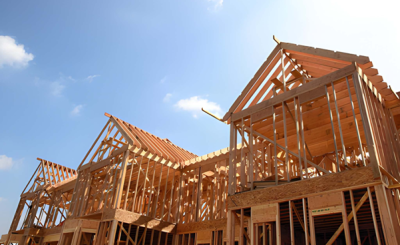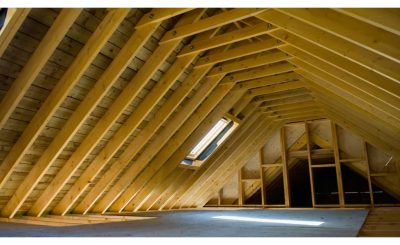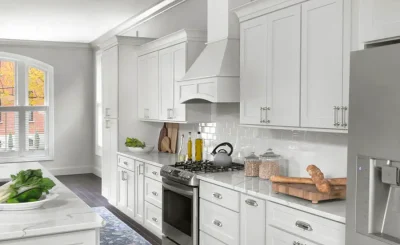Property tax reassessments can hit condo owners in unique ways that often differ from single-family homeowners. When market values shift or local governments initiate mass reassessments, condo owners may face tax consequences that seem disproportionate to their actual property enjoyment. While examining a Penrith Price listing for a potential condo purchase, many buyers focus exclusively on the asking price and monthly HOA fees, overlooking the potential impact of future tax reassessments on their long-term housing costs. Understanding these distinctions helps condo owners prepare financially and challenge unfair valuations when they occur.
Common area complications
Condo tax assessments include your private living space and percentage ownership of common elements. This creates complexity absent in single-family homes. Luxurious lobbies, fitness centres, swimming pools, and elaborate landscaping increase property values and tax liabilities, even if you rarely use these amenities. Some jurisdictions also assess common areas separately and then distribute costs to owners based on ownership percentages defined in governing documents. Significant improvements to common areas can trigger reassessments even when no changes occur to individual units. This shared tax burden means individual owners have limited control over factors affecting their property tax bills.
Value influencers
- Sales of similar units within your building
- Recent renovations to common areas
- Neighbourhood development and gentrification
- Changes in zoning or land use nearby
Unlike detached homes, where comparable sales might span several blocks, condo reassessments often rely heavily on sales within your specific building or complex. This directly relates to your neighbour’s selling price and your tax bill. One unusually high sale can sometimes trigger reassessments for all units, especially in smaller buildings. Assessors may apply the same per-square-foot value throughout a building despite significant differences in view, layout, finishes, or floor level. This standardised approach sometimes fails to account for meaningful value differences between similar units.
Appeal opportunities
Condo owners possess unique opportunities when challenging tax assessments. Focus on the differences between your unit and recent sales used as comparables. End units typically command premium prices over identical middle units. Lower floors may suffer from street noise that is absent on higher floors. Units facing parking lots generally value less than those overlooking water or green space. When filing appeals, document these distinctions with photos, floor plans, and market analysis. Consider coordinating with neighbours facing similar issues, potentially sharing costs for professional appraisals or legal representation.
HOA implications
- Assessment increases affecting HOA operating budgets
- Special assessments to cover shortfalls in tax-stressed buildings
- Impact on property marketability and sales prices
- Board decisions on challenging building-wide tax issues
Property tax increases affect not only individual owners but also association finances. Common area tax obligations typically appear in HOA operating budgets, meaning significant tax increases can necessitate higher monthly fees. These shared tax obligations can represent major expenses in buildings with commercial components or substantial common areas. Some associations now establish dedicated reserves for anticipated tax increases, especially in jurisdictions with volatile assessment practices.
Condo owners should monitor assessment notices carefully and mark appeal deadlines on their calendars. Many jurisdictions provide just 30-60 days to challenge values, with deadlines strictly enforced. Track local government discussions about tax rates and assessment practices that might disproportionately impact multi-family properties.








